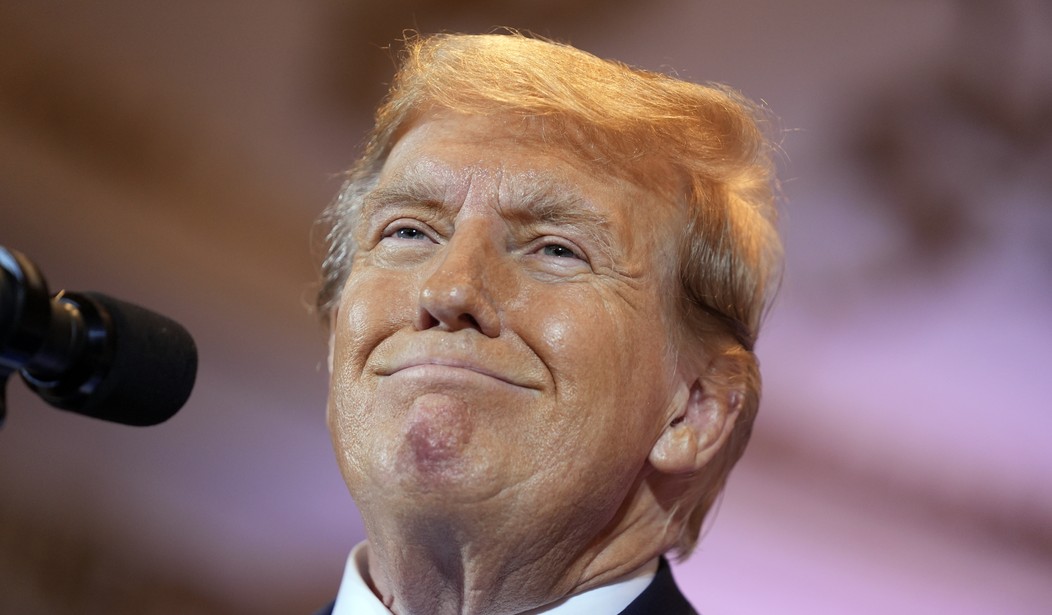The Supreme Court has ruled 6-3 - citing Article II of the U.S. Constitution - that former President Donald Trump in his official capacity, and more broadly the office of the United States presidency, has absolute immunity from criminal prosecution. Chief Justice John Roberts wrote the majority opinion and was joined by Justices Gorsuch, Brett Kavanaugh, Amy Coney Barrett, Clarence Thomas and Samuel Alito. Justices Elena Kagan, Kentanji Brown Jackson and Sonia Sotomayor dissented.
“It is these enduring principles that guide our decision in this case. The President enjoys no immunity for his unofficial acts, and not everything the President does is official. The President is not above the law. But Congress may not criminalize the President’s conduct in carrying out the responsibilities of the Executive Branch under the Constitution. And the system of separated powers designed by the Framers has always demanded an energetic, independent Executive. The President therefore may not be prosecuted for exercising his core constitutional powers, and he is entitled, at a minimum, to a presumptive immunity from prosecution for all his official acts. That immunity applies equally to all occupants of the Oval Office, regardless of politics, policy, or party," the opinion states.
"Under our constitutional structure of separated powers, the nature of Presidential power entitles a former President to absolute immunity from criminal prosecution for actions within his conclusive and preclusive constitutional authority. And he is entitled to at least presumptive immunity from prosecution for all his official acts. There is no immunity for unofficial acts. This case is the first criminal prosecution in our Nation’s history of a former President for actions taken during his Presidency. Determining whether and under what circumstances such a prosecution may proceed requires careful assessment of the scope of Presidential power under the Constitution. The nature of that power requires that a former President have some immunity from criminal prosecution for official acts during his tenure in office," the opinion continues. "At least with respect to the President’s exercise of his core constitutional powers, this immunity must be absolute. As for his remaining official actions, he is entitled to at least presumptive immunity."
Recommended
The Supreme Court did not define what an official or unofficial act is and sent that question back down to lower courts.
Former President Trump reacted to the ruling on Truth Social, saying, "BIG WIN FOR OUR CONSTITUTION AND DEMOCRACY. PROUD TO BE AN AMERICAN!"
This story has been updated.

























Join the conversation as a VIP Member